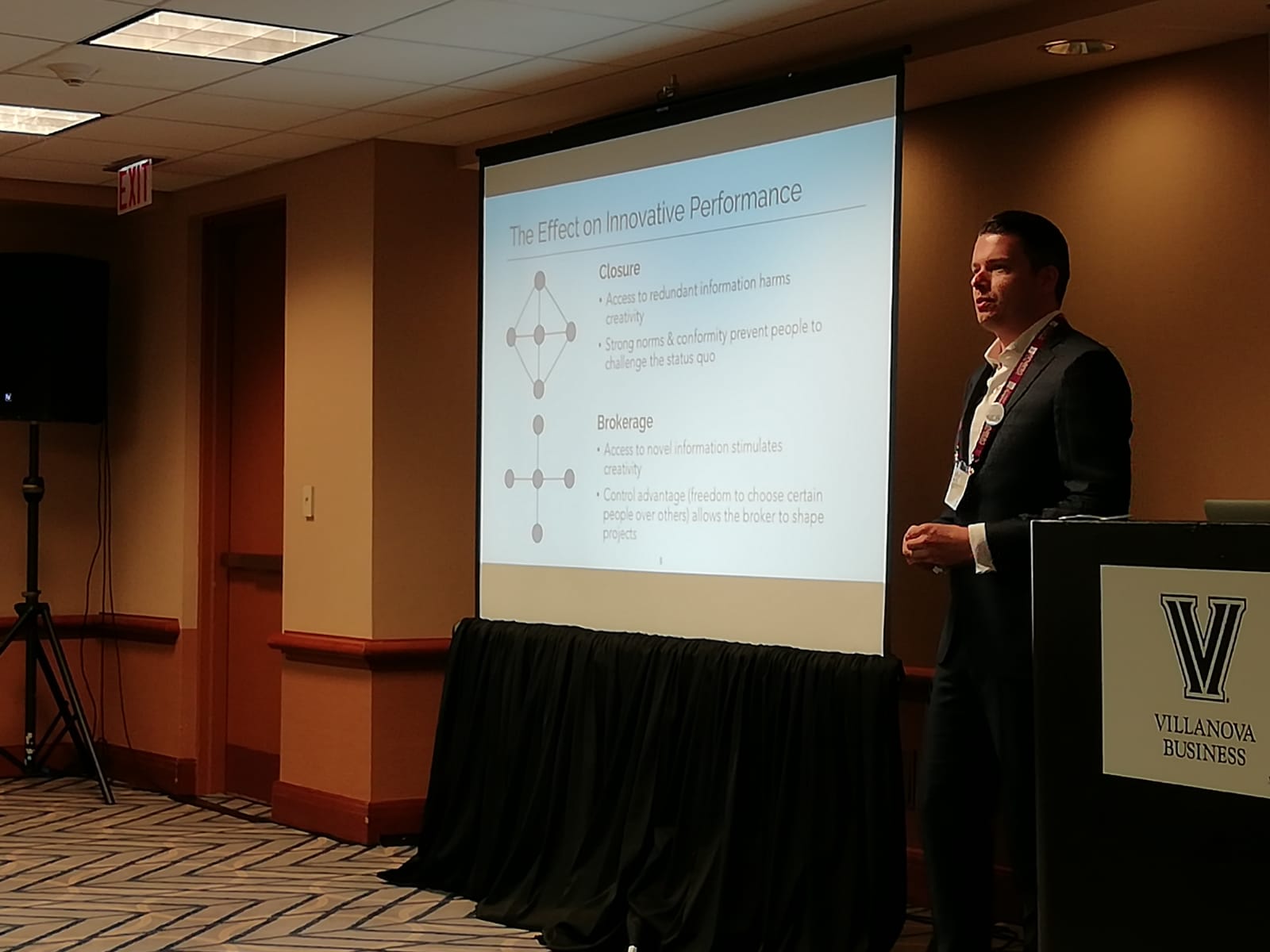Necessary Condition Analysis (NCA): Logic, Theory, Methodology, and Applications

Workshop Description
“Necessary but not sufficient” statements are commonplace in organizational and management publications. Such statements often indicate that a certain factor is considered important for a certain outcome, but that it is not the only factor. However, the logical meaning of a “necessary condition” for an outcome is that the outcome cannot exist without it; it is needed. Necessary Condition Analysis (NCA) is an upcoming approach for formulating and testing necessary condition theories. The method was recently published in Organizational Research Methods and is now used in many fields. NCA understands cause-effect relations as “necessary but not sufficient” and not as additive logic used in regression. “Necessary” means that an outcome will not occur without the right level of the condition, independently of the rest of the causal structure (thus the condition can be a “bottleneck”, “critical factor”, “constraint”). In practice, the right level must be put and kept in place to avoid guaranteed failure, and to allow the outcome to exist. NCA has been applied in a variety of organization and management disciplines (Strategy, Entrepreneurship, HRM, OB, Operations, etc.) to formulate and test necessity theories. It can provide strong results that are complementary to traditional additive logic and regression approaches. By adding a different logic and data analysis approach, NCA adds both rigor and relevance to theory and data analysis. Because it provides a new way of analyzing at existing phenomena using NCA can increase your publication chances. An editor of a top journal said: “From my perspective, [this NCA paper] is the most interesting paper I have handled at this journal, insofar as it really represents a new way to think about data analyses”. This interactive session has two parts. Part 1 is a general introduction discussing the importance of necessary conditions, illustrated with examples from different fields, and comparing NCA with regression. Part 2 helps participants to become the first users of NCA in their field, with hands-on instructions about how to build necessity theories, and how to analyze data for testing such theories using the NCA software. For more information on NCA see: www.erim.nl/nca.
- Presenter: Jan Dul, Rotterdam School of Management, Erasmus University
- Presenter: Stefan Breet, Rotterdam School of Management, Erasmus University
- Presenter: Henk Van Rhee, Rotterdam School of Management, Erasmus University
Workshop sponsors: Research Methods (RM) Division, Operations and Supply Chain Management (OCSM)
Related Posts
Research Talks
I gave a virtual presentation to the Social Network Analysis Discussion Group of the University of Saskatchewan on brokerage, innovative performance and necessary condition analysis

Research Talks

Service Workshops
This workshop teaches you how you can use Necessary Condition Analysis (NCA) to identify essential factors for organizational success.

Research Talks
This study investigates the necessary conditions for team creativity, focusing on team size, team network, and team members’ expertise in the context of R&D.